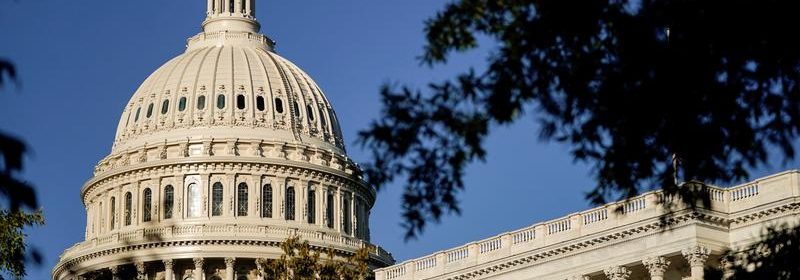U.S. Congress Democrats grill Big Oil in climate deception probe

WASHINGTON (Reuters) -The U.S. Congress on Thursday opened a year’s worth of investigations into whether Big Oil deceived Americans about its role in climate change, with Democratic lawmakers grilling the chiefs of four oil companies and two lobby groups.
Environmental groups and their congressional allies hope the hearing evokes the Big Tobacco hearings of the 1990s, which began a shift in public opinion about that industry. Energy industry representatives plan to focus on their current support of climate action.
“We will demand accountability from Big Oil for their role in fueling the climate crisis and deceiving the public, and we will urge the industry to finally take meaningful action to rein in emissions from fossil fuels before it is too late,” Carolyn Maloney, the chairwoman of the House oversight committee holding the hearing said.
Representative Ro Khanna, who is helping to lead the hearings, said if lawmakers can show the oil companies lied, “I think it will be a Big Tobacco moment for Big Oil.”
It was the first time that executives of the top oil majors – ExxonMobil, Shell Oil, BP America and Chevron – and the heads of the American Petroleum Institute and Chamber of Commerce answered questions about climate change in Congress under oath.
Representative James Comer, top Republican on the committee, did not mention climate change in his opening remarks and said the panel should be addressing inflation and high energy prices he linked to policies of President Joe Biden’s administration.
“The purpose of this hearing is clear: to deliver partisan theater for primetime news,” Comer said.
The lone Republican witness, Neal Crabtree, a welder who lost his job after Biden canceled the Keystone XL oil pipeline, said his main crisis is not climate change but his mortgage and the food he has to put on his table.
The hearing comes as Biden heads to Scotland for annual U.N. climate talks and as Congress haggles about climate provisions in reconciliation and infrastructure legislation. It was delayed nearly two hours by a last-minute visit by Biden to Capitol Hill to update lawmakers on the framework of his spending and climate legislation.
This summer, the United Nations released a report warning that unless immediate, rapid and large-scale action is taken to reduce emissions, the average global temperature is likely to reach or cross the 1.5-degree Celsius (2.7 degrees F) warming threshold within 20 years.
LITTLE LOBBYING ON PARIS PACT
The committee criticized the companies’ scant support for the Paris climate agreement. It released an analysis that found from 2015, when the pact was agreed, to 2021, Exxon reported in its lobbying disclosures only one instance of lobbying on the Paris Agreement, and none on any of the 28 bills related to the pact.
“That means that only 0.06% of Exxon 1,543 total instances of legislative lobbying since 2015 has been devoted to the Paris Agreement or related legislation,” the analysis said.
Exxon CEO Darren Woods said the company “responded accordingly” when the “scientific community’s understanding of climate change developed” and maintained that he believes oil and gas will still be needed to meet growing global energy demand.
Woods emphasized Exxon’s investments in carbon capture, a technology to capture emissions for burial underground or to pump them into aging oilfields to squeeze out more crude.
Woods and Mike Wirth, CEO of Chevron, also played up oil and gas as being essential for operation of hospitals, schools and offices.
BP America’s CEO David Lawler and Shell Oil’s CEO Gretchen Watkins talked about their recognition that climate change was a problem in the 1990s and about their current efforts to adapt their business models to add more renewable energy and lower emissions.
The energy executives, who all testified virtually, also said that more time is needed for a transition to cleaner energy.
Suzanne Clark, the president and CEO of the Chamber, pointed out that Biden’s international climate envoy, John Kerry, said this year that half of the emissions cuts needed to get to net zero will come from technologies that are not developed yet.
Source: Read Full Article
